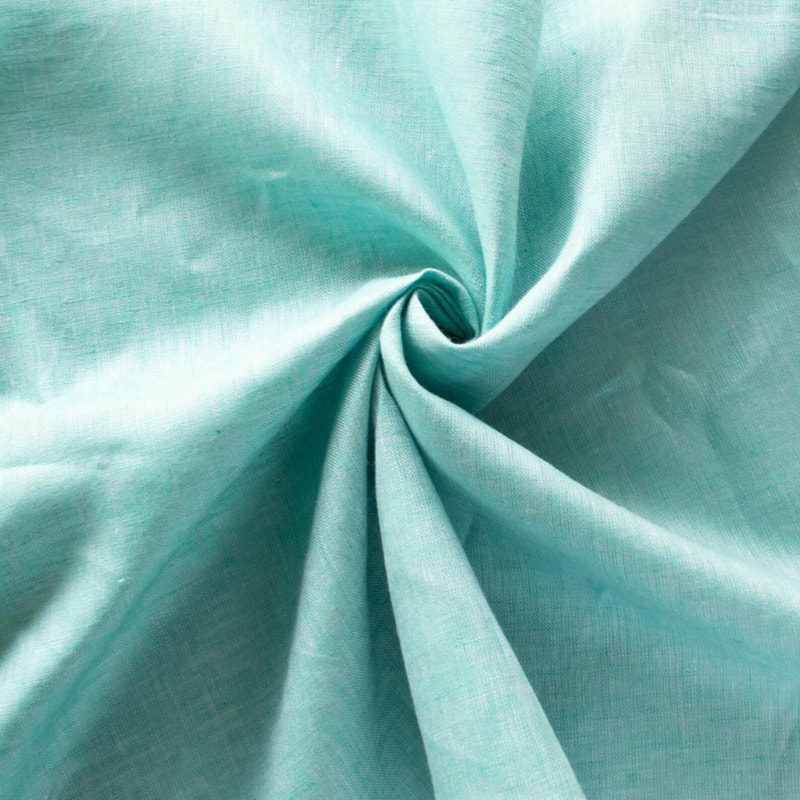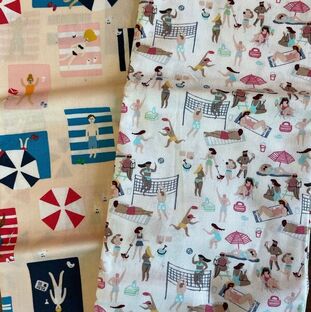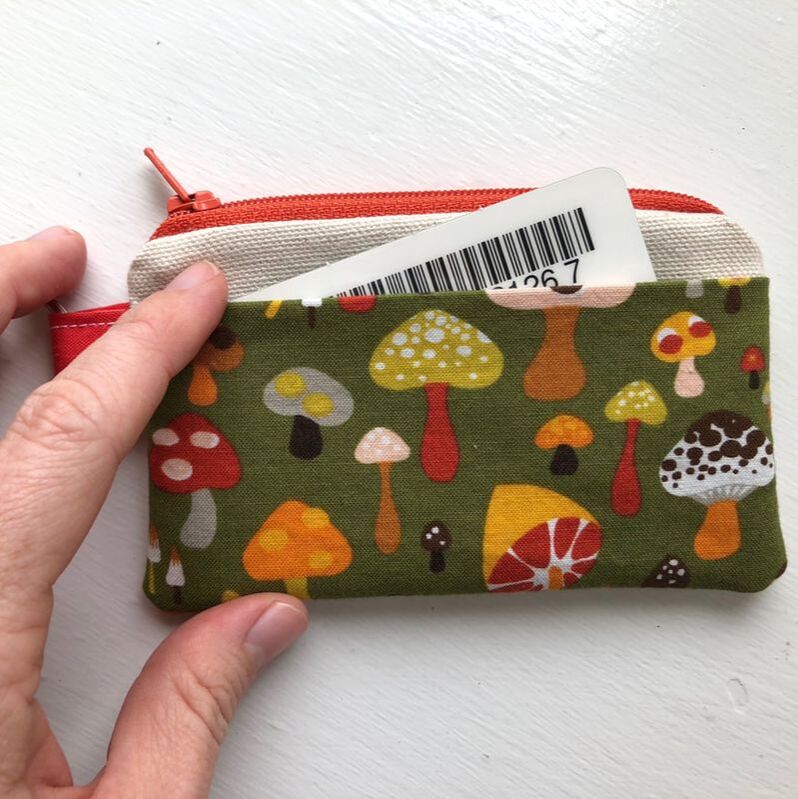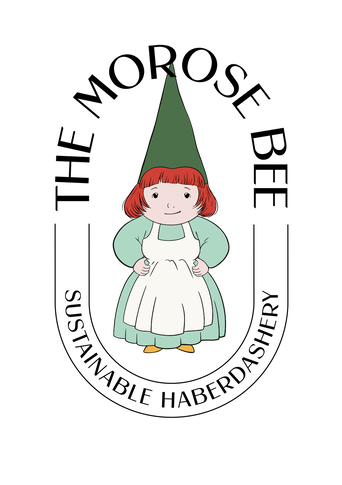About
OrganicWhy Organic? Will organic fibers solve the textile polution crisis? Nope, bu organic cotton has a lower impact on the environment and handlers. It is grown and harvested by methods that do not use toxic pesticides, herbicides, fertilizers or defoliants. It relies on natural methods which includes (but is not limited to) crop rotation and cow manure for soil fertility; beneficial predator insects; lengthened growing periods for natural defoliation; and hand-picking, which results in less waste. These methods are better for the environment as well as for the farmers.
|
SecondhandSometimes makers of all types can spend more time collecting materials than actually making things with them. With a abundance of unused fabric and notions floating around, the amount you can make without ever purchasing something new is nearly endless. All items labeled as secondhand come from other makers who needed to clear some space which allows you to sew more sustainably!
Interested in selling your stash to The Morose Bee? Contact me for details [email protected] |
HandmadeI'm a maker as well! I love to make items using a mix of secondhand items. I especially love figuring out new ways to reuse the tiniest of tiny scraps!
Items in my collection range from bags, headbands, quilts, and more. The Morose Bee handmade items are available for individual or wholesale. Contact me directly for wholesale inquiries [email protected] |
|
|
|



